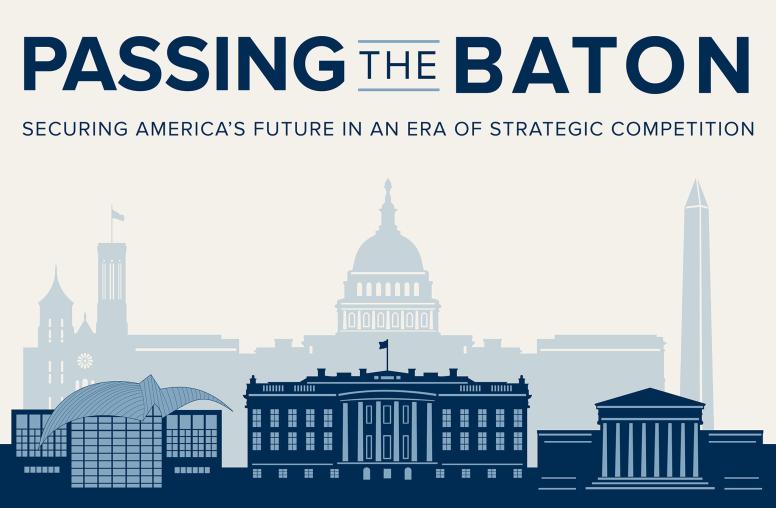Former Institute Fellow Wins Holberg Prize

Shmuel N. Eisenstadt.
(Courtesy: Hebrew University)
Shmuel N. Eisenstadt, a Jennings Randolph senior fellow at the Institute in 2001, has won the 2006 Holberg International Memorial Prize for his contributions to sociological and historical understandings of social change and modernization. His work, which spans several decades, examines the relations between culture, belief systems, and political institutions in an array of contexts, from present- day Israel and Japan to the foundations of modern civilization in the "axial age" of ancient Greece, China, and India.
The Holberg is awarded annually to scholars who have made outstanding, internationally recognized contributions to research in the arts and humanities, social science, law, or theology. It commemorates the achievements of Ludwig Holberg, an 18th century Norwegian scholar and humanist, and is administered by the University of Bergen. It carries a monetary prize of approximately $680,000.00.
The citation to this year's award praises Eisenstadt for combining "sociological theory with historical and empirical research." His research, the citation says, presents "an alternative to the well- known thesis of an impending 'clash of civilizations' between modernity and non-modern barbarism."

Institute president Richard Solomon said he was delighted to hear about Eisenstadt's award. "Shmuel is not only a great scholar, but a good friend," he said. "We recognized immediately that his extraordinary scholarship could not only illuminate far-reaching dimensions of human history, but also help policymakers navigate the complexities of the present."
During his fellowship year at the Institute, Eisenstadt focused on the influence of transnational forces on religious movements and traditional political alliances in contemporary Israeli society.
Eisenstadt says that while his interests have ranged widely, his agenda, as a social scientist, has always been to "broaden the range of public discussion and awareness of potentialities." His central focus, which he got from his teacher, the great theologian Martin Buber, "is [on] what makes for the creativity but also for the possible decline of societies."
Eisenstadt is currently the Rose Isaacs Professor Emeritus of Sociology in the Department of Sociology and Anthropology at the Hebrew University of Jerusalem.



